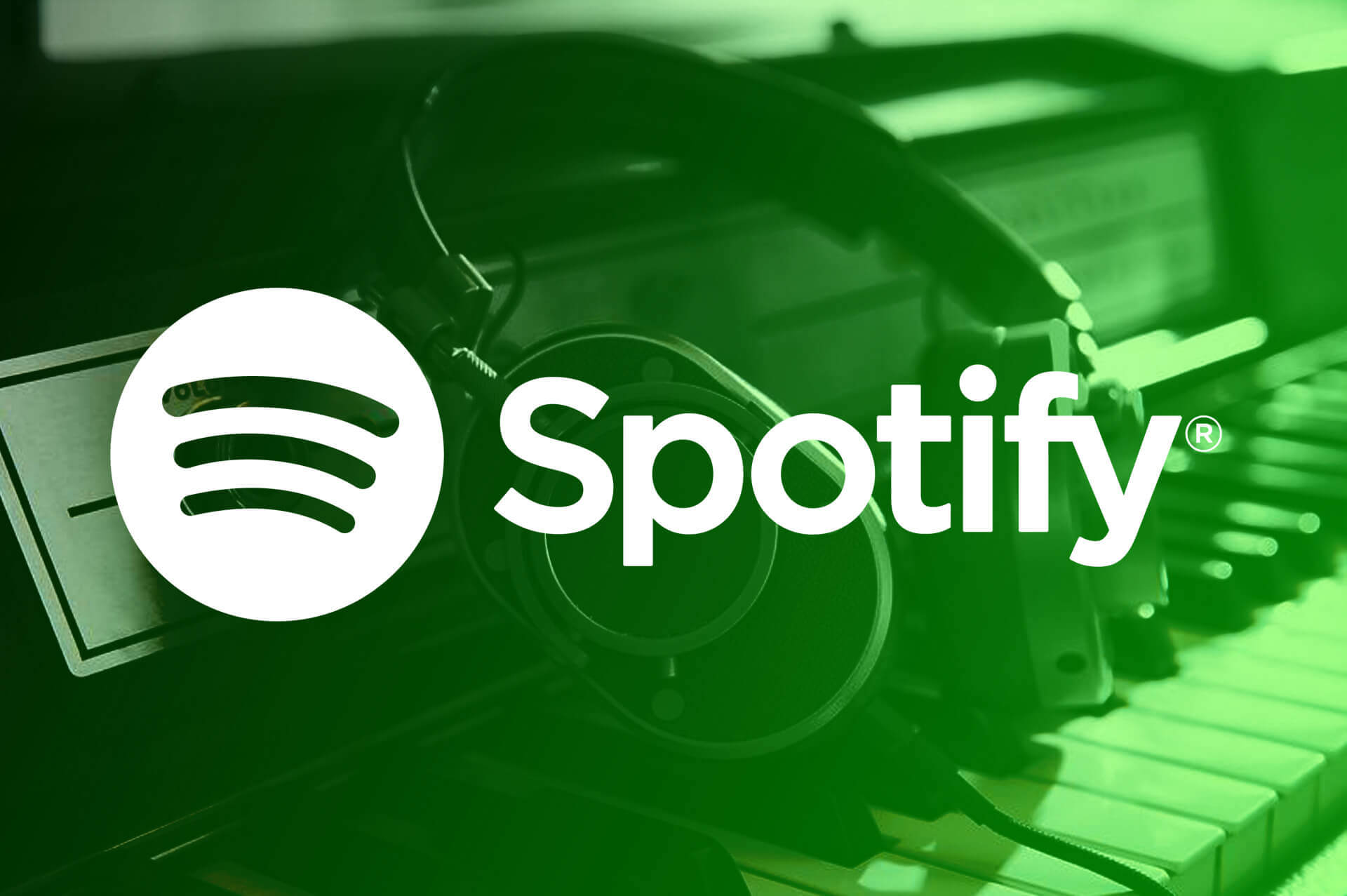Often times we can tell if an artist is fake streaming by analyzing their numbers. It's a fact that artists that haven't released much music yet have a tough time gaining fans who are willing to watch their live performances. It's also a fact that streaming services pay recorded music rightsholders a tiny amount, around $0.004 per stream.
Spotify playlists are the new music discovery platform
Creating and sharing playlists is a great way to promote your music. They also help you connect with fans. Spotify offers a variety of playlists, including seasonal ones. Some are based on genres, while others are based on moods and eras.
Creating a user-generated playlist is a great way to get thousands of followers. You can also create playlists for music festivals. You can even create a live show playlist.
Spotify recently expanded its popular playlist creation tool, Blend. It now allows users to create and share playlists with up to 10 people. The feature works by scanning existing tracks and adding similar new tracks. This can be done in just a few seconds. Once you're done, you can save the playlist to your library.
Spotify payout to recorded music rightsholders, per-stream, is around $0.004
Streaming services like Spotify license music from copyright holders, such as record labels. These services then pay various rights holders, including master recording owners, publishers, and songwriters. The rights holders usually distribute the money according to their agreements.
The average Spotify payout is $0.004 per stream. This amount is calculated based on several factors. The number of premium subscribers, country of listeners, and the type of subscription plan all play a role in the amount of money the service pays out.
The amount of money Spotify pays to rights holders varies by country. This pool also depends on the type of distribution contract between the service and music labels. In the U.S., the average salary is about $4100.
However, a recent report from Loud & Clear, a Spotify initiative, indicates that some musicians are making more money than others from the platform. These artists include Mackenzie Miller, a 22-year-old singer.
IG Live is difficult for emerging artists to get fans that care to watch their live
IG Live is a great platform for emerging musicians, but it has a dark side. It is a challenge to convince a young fanbase to tune in to a live stream. In addition, a lot of artists spend too much time swiping through live chat messages and not enough time performing live shows.
While live streaming is not going away, artists are finding new and creative ways to monetize their efforts. For example, one laudable act is hosting a nightly DJ session with the legendary Questlove. Another notable endeavor was the release of a virtual music festival in the multiplayer online game Minecraft. These efforts are just the tip of the iceberg, however, and many artists are not yet taking advantage of the opportunity.
Buying fake streams
Buying fake streams on Spotify is a big no-no. It's a bad way to build an audience and can even destroy an artist's career. In fact, it's so bad that Spotify has gotten rid of over 1.3 billion fake streams from over 400,000 artists' accounts in 2018.
It's no secret that fake streams are bad for the music industry. Spotify has been able to catch many people faking their streams, but it's not always easy to do. Even when you're able to avoid being caught, you still run the risk of damaging your algorithmic profile. That's why Spotify has recently started cracking down on people who are using fake streams to boost their artists' streams.
The biggest reason to avoid buying fake streams on Spotify is that it can actually ruin an artist's long-term algorithmic potential. The algorithms are meant to pick up popular songs and recommend them to other listeners. However, artificial streams aren't able to compete with real fans. The algorithmic profile will have a hard time knowing which listeners to recommend. This means that you won't be able to build a real fanbase. It also means that you'll lose out on the potential revenue that comes from Spotify's royalty pool.

